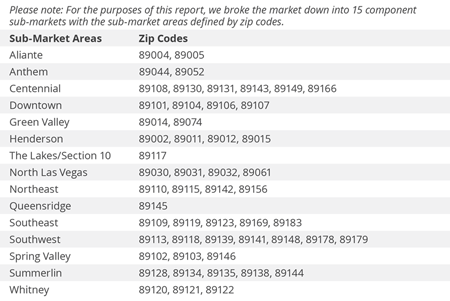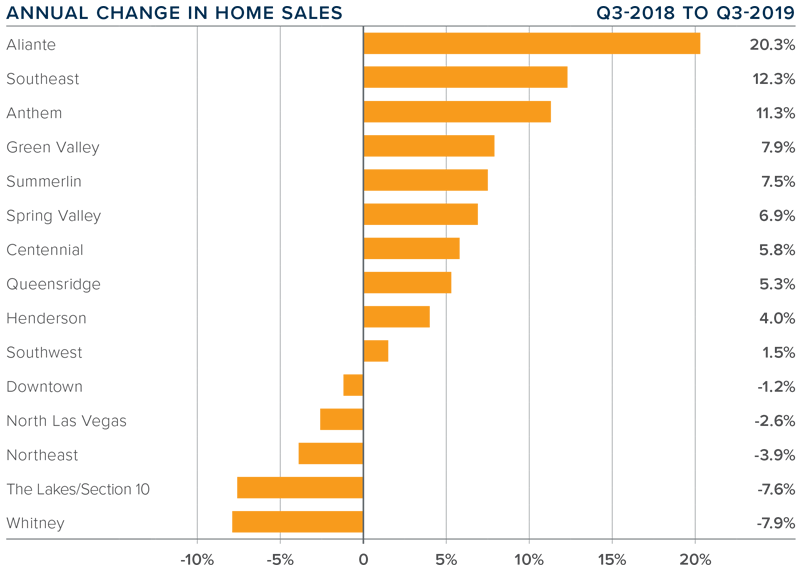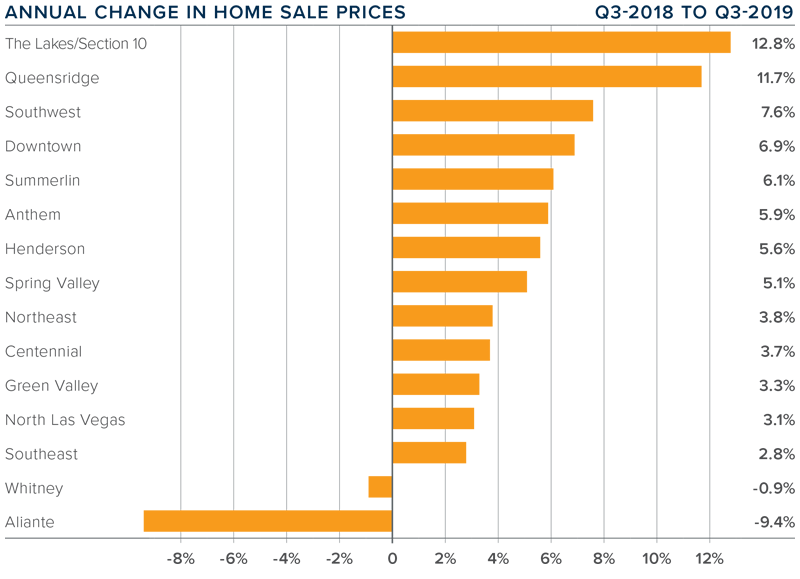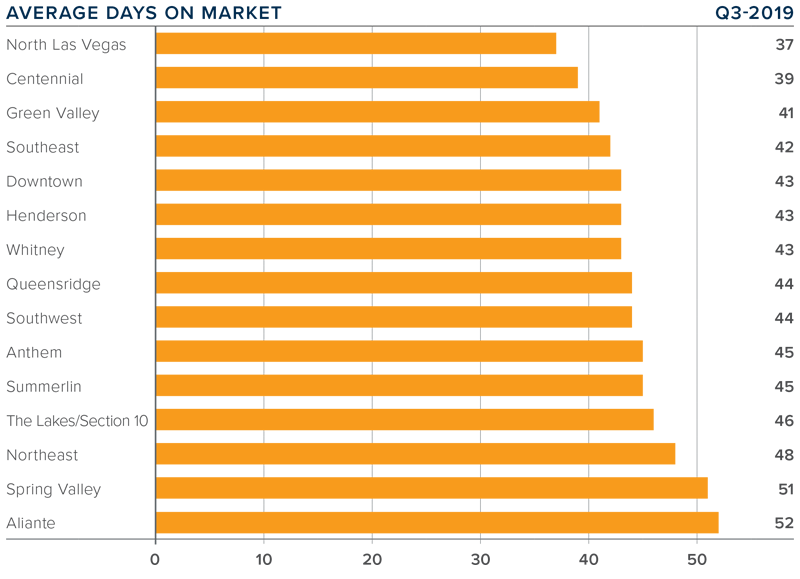The following analysis of the greater Las Vegas real estate market is provided by Windermere Real Estate Chief Economist Matthew Gardner. We hope that this information may assist you with making better-informed real estate decisions. For further information about the housing market in your area, please don’t hesitate to contact your Windermere agent.
ECONOMIC OVERVIEW
 Job growth in the Las Vegas metropolitan area has been softening lately, but the area still added 17,900 new jobs over the past 12 months. This represents an annual growth rate of 1.8%, which is the lowest annual growth rate since the summer of 2012. Employment growth is still above the national average (1.4%) but slowing job growth came as a bit of a surprise. I will be watching to see if this is a pervasive trend or just a temporary blip.
Job growth in the Las Vegas metropolitan area has been softening lately, but the area still added 17,900 new jobs over the past 12 months. This represents an annual growth rate of 1.8%, which is the lowest annual growth rate since the summer of 2012. Employment growth is still above the national average (1.4%) but slowing job growth came as a bit of a surprise. I will be watching to see if this is a pervasive trend or just a temporary blip.
The unemployment rate in the Las Vegas area was 4.4%, down from 4.7% a year ago.
HOME SALES
- A total of 9,427 homes sold in the third quarter of 2019, an increase of 3.1% compared to the same period a year ago but 1.3% lower than in the second quarter of this year.
- Home sales rose the most in the Aliante neighborhood. There were also double-digit increases in the Southeast Las Vegas and Anthem neighborhoods.
- Sales were a mixed bag, with transactions rising in ten submarkets but falling in five. The most significant drop was in the Whitney neighborhood.
- Pending sales rose a significant 13.1% year-over-year but were 5.3% lower compared to the second quarter of 2019. This suggests that closings in the final quarter of the year may be lower than in the third quarter.

HOME PRICES
- Home prices in the area rose 5.7% compared to the third quarter of 2018 to an average of $321,606. Prices were up 2.3% compared to the second quarter of this year.
- Home price increases picked back up in the third quarter and continue to rise at rates that are well above most of the nation. It’s clear that demand remains strong and, in concert with very attractive mortgage rates, I anticipate home prices will continue rising through the balance of the year and into 2020.
- Prices rose in all but two submarkets compared to the same quarter last year. The strongest growth was in The Lakes/Section 10 Las Vegas submarket, where prices were up 12.8%.
- The takeaway here is that, although job growth has slowed, demand for homeownership remains very strong.

DAYS ON MARKET
- The average time it took to sell a home in the region rose 17 days compared to the third quarter of 2018.
- Regionwide, it took an average of 44 days to sell a home in the third quarter of 2019 — a day more than in the second quarter of the year.
- Days-on-market rose in all submarkets compared to a year ago.
- As mentioned above, market time rose compared to the third quarter of 2018, with the greatest increases occurring in the Northeast Las Vegas and Whitney neighborhoods, where home sales took 27 and 21 more days, respectively than in the third quarter of 2018.

CONCLUSIONS
 The speedometer reflects the state of the region’s real estate market using housing inventory, price gains, home sales, interest rates, and larger economic factors.
The speedometer reflects the state of the region’s real estate market using housing inventory, price gains, home sales, interest rates, and larger economic factors.
Employment growth in Clark County is still positive and, although the number of new jobs created has been slowing, there is clearly demand for homeownership. But with demand comes rising home prices. When combined with ongoing low mortgage rates, these factors tell me that the Las Vegas market will be one of the strongest in the Western U.S. for home price growth in 2019.
There are more homes for sale, which I’m sure is of some relief to buyers, but the market continues to favor sellers, so I am leaving the needle in the same position as in the second quarter.
ABOUT MATTHEW GARDNER
 As Chief Economist for Windermere Real Estate, Matthew Gardner is responsible for analyzing and interpreting economic data and its impact on the real estate market on both a local and national level. Matthew has over 30 years of professional experience both in the U.S. and U.K.
As Chief Economist for Windermere Real Estate, Matthew Gardner is responsible for analyzing and interpreting economic data and its impact on the real estate market on both a local and national level. Matthew has over 30 years of professional experience both in the U.S. and U.K.
In addition to his day-to-day responsibilities, Matthew sits on the Washington State Governors Council of Economic Advisors; chairs the Board of Trustees at the Washington Center for Real Estate Research at the University of Washington; and is an Advisory Board Member at the Runstad Center for Real Estate Studies at the University of Washington where he also lectures in real estate economics.
 Facebook
Facebook
 Twitter
Twitter
 Pinterest
Pinterest
 Copy Link
Copy Link



